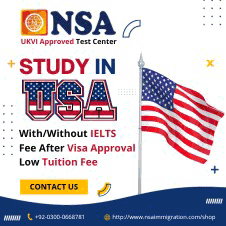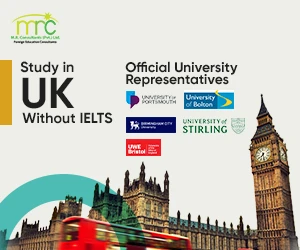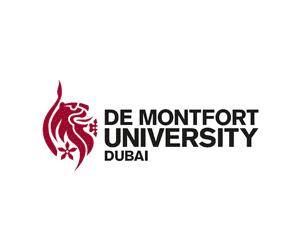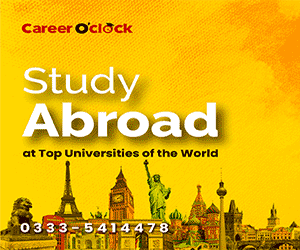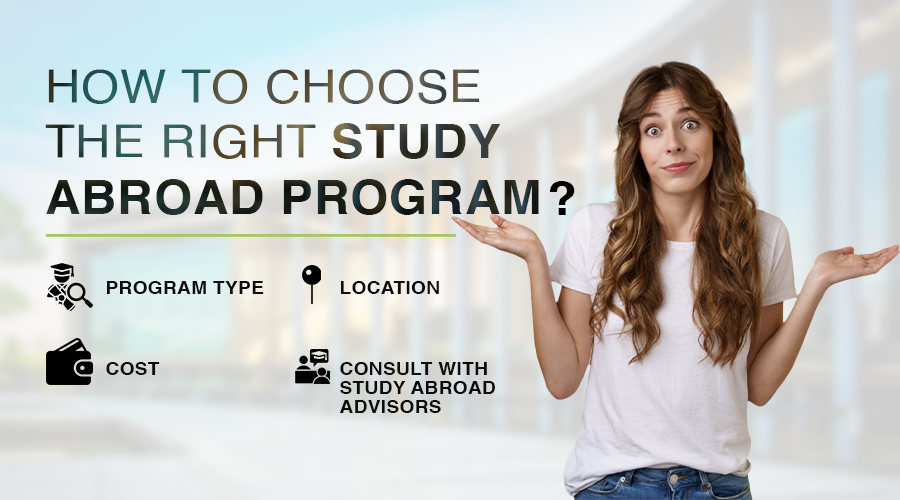
Discover Your Goals
Choosing the right Study Abroad Program Starts with self-reflection. What are your academic, personal and professional goals? Are you seeking cultural immersion, language skills, or career advancement? Identify your priorities to guide your search.
Consider Program Types
Explore Various Program Types:
-
Semester/year-long programs
-
Summer/Winter programs
-
Internship Programs
-
Research Programs
-
Language Programs
-
Cultural Exchange Programs
Research Destinations
Select a destination that aligns with your goals:
-
Language: Consider countries where your target language is spoken
-
Culture: Explore destinations with diverse cultural experiences
-
Academics: Research top-ranked universities in your field
-
Career: Look for programs with industry connections
Evaluate Program Feathers
Access Program Components:
-
Curriculum and course structure
-
Teaching Style and faculty expertise
-
Credit Transfer and recognition
-
Housing and Living arrangements
-
Support Services (academic, emotional, logistical)
Academic Quality and Accreditation
Ensure the program meets academic standards:
-
University accreditation and rankings
-
Program and recognition and certification
-
Faculty qualifications and expertise
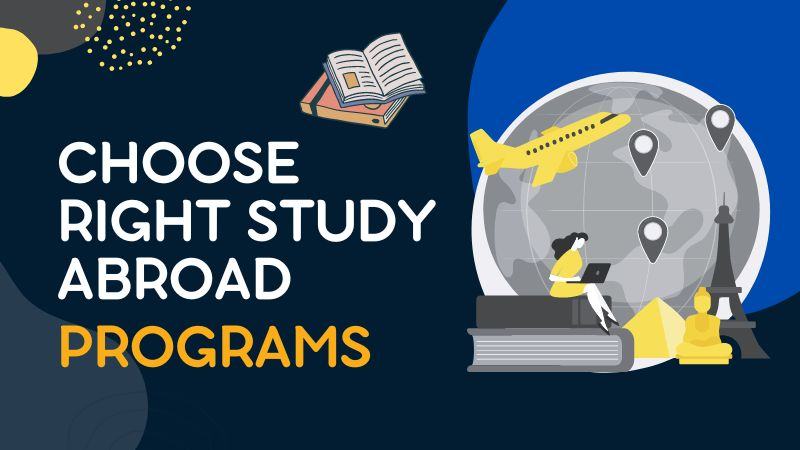
| Program Name | Destination | Program Type | Fields of Study | Duration | Scholarship Opportunities | Language Requirements | Eligibility Criteria | Application Deadline |
| Erasmus+ | Europe (EU countries) | Exchange / Partnership Program | Multiple fields (Arts, Science, Engineering, Social Sciences, etc.) | 3-12 months | Erasmus+ grants for living & travel expenses | Some programs in English; others may require proficiency in local languages | EU students & students from partner countries; some programs require GPA and language proficiency | Varies by institution (typically a few months before departure) |
| Fulbright U.S. Student Program | Worldwide (over 140 countries) | Research, Study, Teaching Assistantship | Multiple fields (including Arts, Humanities, Science, Education) | 6-12 months | Full funding (tuition, living expenses, travel, insurance) | English required | U.S. citizens with a Bachelor's degree or equivalent | October (varies by country) |
| DAAD (German Academic Exchange Service) | Germany | Exchange, Research, Degree Programs | Engineering, Natural Sciences, Humanities, Social Sciences, Arts | 1 semester to 2 years | Full or partial funding (tuition, living expenses, travel) | German or English (depending on the program) | Open to international students; GPA requirements may apply | Varies by program (typically early spring for fall intake) |
| JASSO (Japan Student Services Organization) | Japan | Exchange, Degree Programs | Multiple fields (Engineering, Arts, Social Sciences, Business) | 6 months to 2 years | Monthly stipend, travel allowances | Japanese language proficiency (for non-English programs) | Undergraduate or graduate students, good academic standing | Varies (usually by April for fall intake) |
| University of Sydney Exchange Program | Australia | Exchange | Multiple fields (Humanities, Science, Business, Law) | 1 semester to 1 year | No scholarship directly from program, but eligibility for Australian Government Scholarships (e.g., Australia Awards) | English | Must be enrolled at a partner university | Varies by partner university (check with home institution) |
| Havening Scholarships | UK | Master's Degree | Any field | 1 year | Full funding (tuition, living expenses, travel, etc.) | English | Open to international students; must have 2 years of work experience | November (annual application cycle) |
| Australia Awards Scholarships | Australia | Undergraduate and Postgraduate | Agriculture, Engineering, Education, etc. | 2-4 years | Full tuition, living stipend, travel expenses | English | Students from eligible countries in the Indo-Pacific region | April-May (varies by country) |
| AIFS Study Abroad | Worldwide (20+ countries) | Study Abroad (semester or summer) | Arts, Business, Humanities, Science, Social Sciences | 3 weeks to 1 semester | Limited scholarships available | English or language of the host country | U.S. students, minimum GPA 2.75 | Varies by program |
Program Type:
You can choose between exchange programs (where you go for a semester or a year), internships, degree programs, research opportunities, or language immersion programs.
Scholarships:
Many study abroad programs offer scholarships that cover partial or full costs, including tuition, travel, and living expenses. Be sure to check each program's website for eligibility and application procedures.
Language Requirements:
Some programs require proficiency in the host country's language, while others may offer courses in English. Always check language prerequisites for each program.
Eligibility:
Each program has its own set of requirements based on your nationality, level of study (undergraduate or graduate), GPA, and other factors.
Deadlines:
Scholarship deadlines often fall months before the actual start of the program, so it’s important to plan ahead.

Program Name
Global Business and Culture Program:
-
Destination: Barcelona, Spain
-
Duration: Semester (4-6 months),
-
Academic Year: (9-12 months)
Type:
-
Study Abroad
-
Internship
-
Language
-
Immersion
Host University
University Pompeo Fabra (UPF)
| Category | Details |
| Program Name | Erasmus+ |
| Destination | European Union (EU) countries, plus partner countries worldwide (e.g., Albania, Turkey, Serbia, North Macedonia) |
| Program Type | Exchange Program (semester or academic year) |
| Fields of Study | All disciplines: Arts, Humanities, Engineering, Social Sciences, Science, Business, etc. |
| Program Duration | 3-12 months (1 or 2 semesters) |
| Language of Instruction | English (depending on the host institution; some courses may require proficiency in the local language) |
| Eligibility Criteria |
- Enrolled at a participating university (in home country). - Typically requires a GPA of 3.0 or above (varies by institution). - Must be at least 18 years old. - Open to undergraduate and graduate students. |
| Application Requirements |
- Application through your home university’s Erasmus office. - Transcripts and academic records. - Proof of language proficiency (if required). - Recommendation letters or statement of purpose (check with your institution). |
| Scholarship/Financial Aid |
Erasmus+ offers financial support, including: - Monthly grant to cover living expenses (amount varies by country of destination). - Travel allowance (depending on distance between home and host university). - Grants are awarded based on financial need, location, and program length. |
| Program Costs |
- Tuition fees: Generally waived or covered by your home institution. - Living costs: Ranges depending on the country; more expensive in Western Europe (e.g., France, Germany) and cheaper in Eastern Europe (e.g., Poland, Hungary). - Travel costs: Partially covered by the Erasmus travel grant. |
| Application Deadline | Varies by university (typically 3-6 months before the start of the program, i.e., spring or early summer for fall semester). |
| Start Date | Fall or Spring semesters, depending on university. |
| Program Start & End | Typically starts in September/October (Fall) or February/March (Spring). |
| Supported Countries | All EU countries and many partner countries in Eastern Europe, Latin America, the US, and beyond. |
| Partner Universities | Over 4,000 universities across Europe. Check with your university’s Erasmus coordinator for specific partner institutions. |
| Additional Opportunities |
- Internships, traineeships, and work placements may be available in certain countries. - Possible language courses and cultural integration programs offered by host universities. |
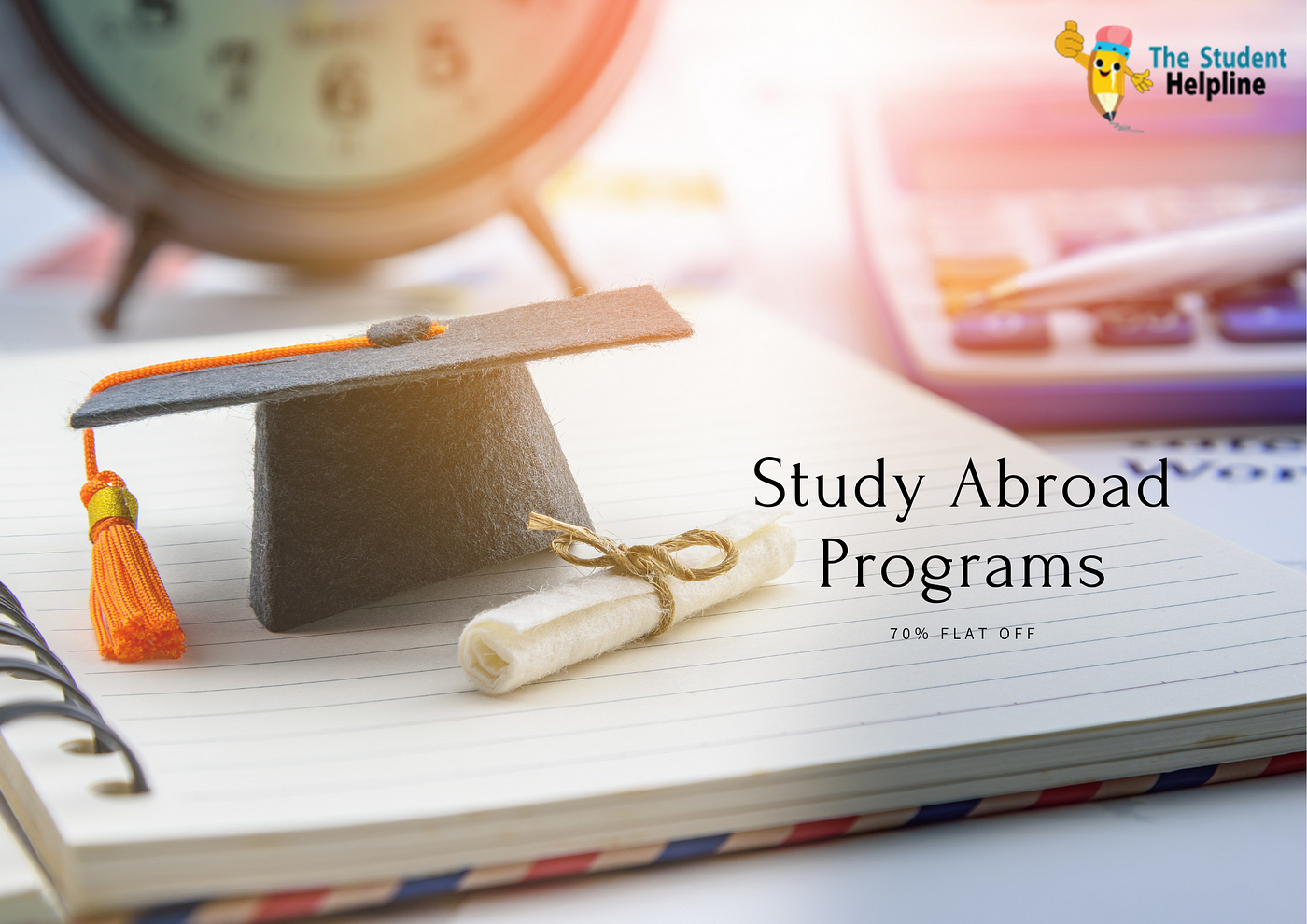
The Erasmus+ program is one of the most widely recognized and accessible study abroad options for university students in Europe and partner countries.
Key Benefits of Erasmus+:
Wide Selection of Countries:
Erasmus+ allows you to study in a wide range of European countries, with more than 4,000 participating institutions. If you’re open to exploring multiple cultures and languages, this is an excellent opportunity.
Financial Support:
While it may not cover all costs, the Erasmus+ grant is designed to make studying abroad affordable by providing assistance for living and travel expenses.
International Recognition:
Participating in Erasmus+ enhances your resume by showing international experience, cultural adaptability, and language skills.
Cultural Immersion:
Erasmus+ programs are a great way to immerse yourself in European cultures, while experiencing different teaching methods and academic perspectives.
Network & Career Opportunities:
As an Erasmus+ student, you gain access to a wide network of international students, professors, and employers, which could be valuable for career development.
Flexible Language Options:
Many Erasmus+ partner institutions offer courses in English, even in non-English speaking countries (e.g., the Netherlands, Sweden, Spain, etc.).
How to Apply for Erasmus+:
Contact Your Home University:
You must be enrolled at a university that participates in the Erasmus+ program. Your first step is to visit your university’s study abroad office or international relations office to check the eligibility and partner institutions.
Choose Your Host University:
Erasmus+ gives you the chance to study at one of over 4,000 European universities. Most universities in the program will offer an online catalogue of courses in English, along with information about the host city, accommodation options, and costs.
Submit Application:
The application typically includes:
-
Application form provided by your home university.
-
Transcripts of grades.
-
Proof of language proficiency (if required).
-
A motivation letter (sometimes).
-
Letter(s) of recommendation (if required).
Wait for Selection:
Once you submit your application, your home university will forward it to the host institution. You will be notified if you are accepted.
Prepare for Your Trip:
Once accepted, you’ll receive orientation materials, including housing arrangements, visa instructions (if applicable), and practical details for your study abroad experience.
Erasmus+ Scholarship Funding:
The scholarship you receive depends on several factors, including:
- Destination country: Scholarships are higher for destinations with a higher cost of living (e.g., Denmark, UK, France) and lower for countries with a lower cost of living (e.g., Poland, Hungary).
- Duration of stay: The longer your program, the higher the potential scholarship.
- Travel distance: Travel allowances are also provided to help with transportation costs (e.g., plane tickets).
- Erasmus+ grants typically range from €200-€700 per month. For example, students going to countries in Western Europe may receive closer to €400-€700 per month, while those studying in Eastern Europe may receive around €250-€500 per month.
Next Steps for You:
Contact your university’s Erasmus office:
Contact your university’s Erasmus office to confirm that your school is a partner institution and to find out more about available universities and program options.
Plan your finances:
Understand the cost of living in your host city and how much funding you may need beyond the Erasmus+ scholarship.
Prepare documents:
Ensure your academic transcripts and language certificates are ready and up to date. Some universities may also require a personal statement or motivation letter.
Meet deadlines:
Erasmus+ has specific application deadlines, which can vary by university, so make sure you submit your application well in advance.
Review travel arrangements:
Consider housing options and make sure your visa and travel plans are in order before leaving.




.gif)


 225
225
 0
0



